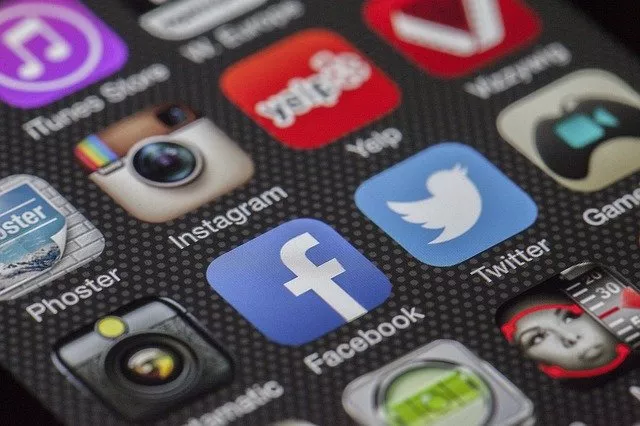
Once upon a time, the very idea of the internet in the country that gave birth to democracy was as tempting and exciting as Social Media is today; with the difference that Social Media, apart from the excitement of the unknown, sometimes creates… dangers.
In an age when digital evolution is shaping and redefining every aspect of our lives, one chapter that stands out with its explosiveness and constant evolution is Social Media. These digital platforms, originally emerged as a means of communication, have evolved beyond simple social networking tools, transforming the way we live, work, and think in every aspect of our daily existence.
Social media are online services and platforms (such as Facebook, Twitter, Instagram, LinkedIn, YouTube, Tik Tok) that allow users to create, share, and exchange information, ideas, content, and opinions.
The pros and cons
The relationship between social media and democracy is important and often the subject of debate and research. This relationship is shaped in many ways and has both positive and negative aspects. The most important positive ones are:
- Social media give people the opportunity to express their opinions and discuss issues. This enhances freedom of speech and the ability to participate in public debate.
- Information: social media are an important source of information. Citizens can follow events, read news, and be quickly informed about developments.
- Opportunities for participation: social media can facilitate citizens’ participation in political processes. They can organize campaigns, participate in voting, and communicate with elected representatives.
And objectively, the most common negative effects are:
- Spreading false news: social media can easily spread false information, which can influence public awareness and political decisions.
- Prison filter (filter bubbles): social media platforms can create “prison filters,” where users are only exposed to information that agrees with their existing beliefs, limiting political diversity and discourse.
- Challenges to privacy and data security: Sharing personal information on social media can raise issues about the privacy and security of users’ data.
This post was originally published on this site be sure to check out more of their content







